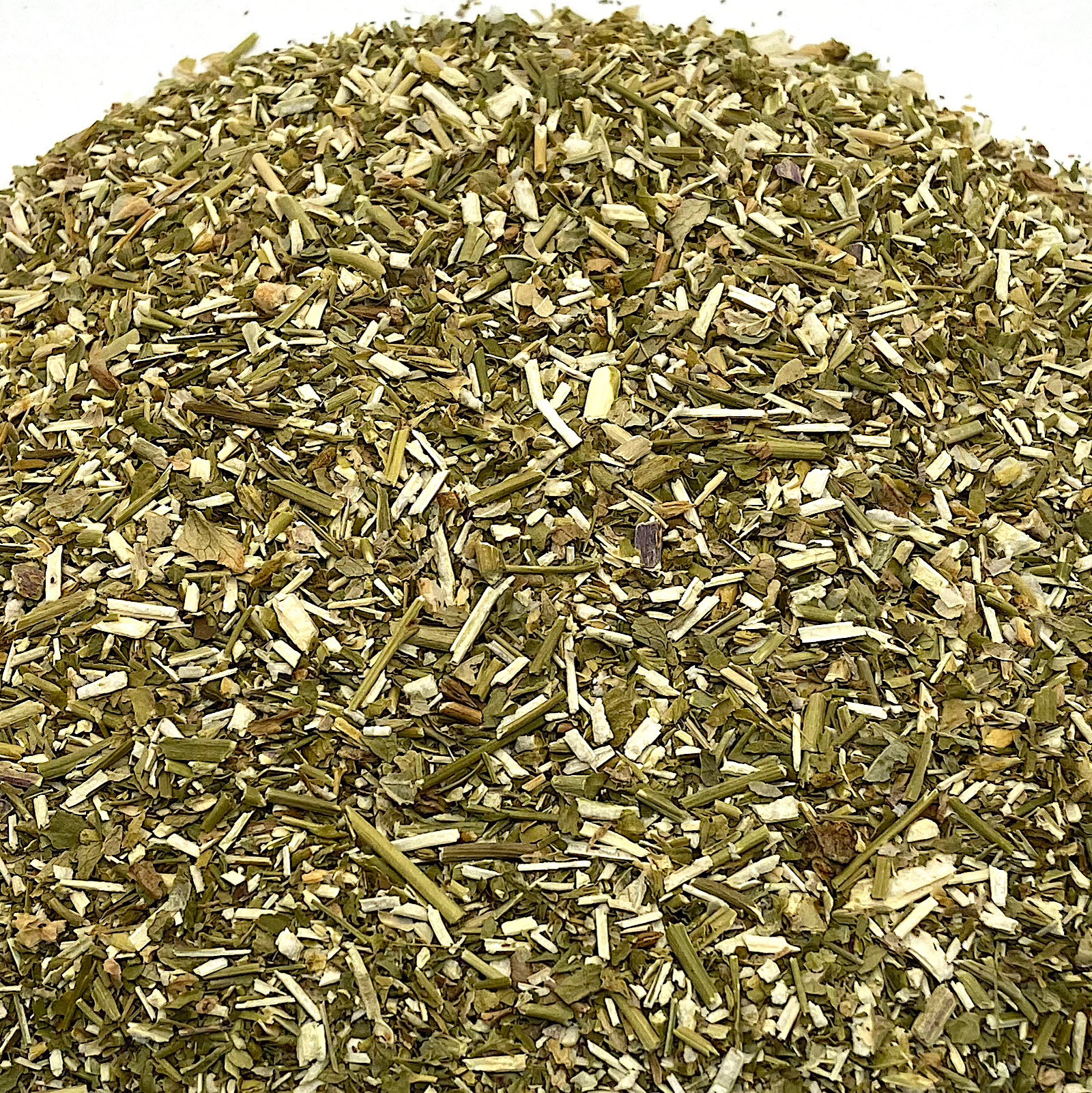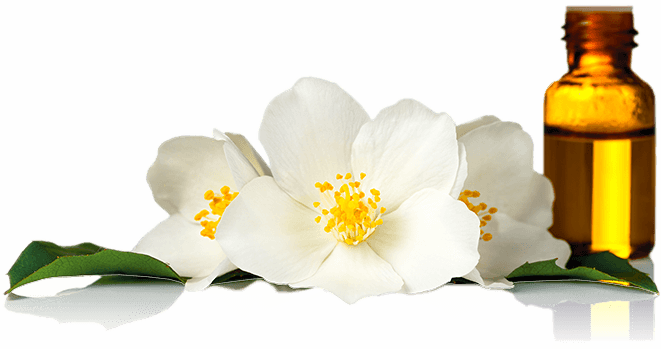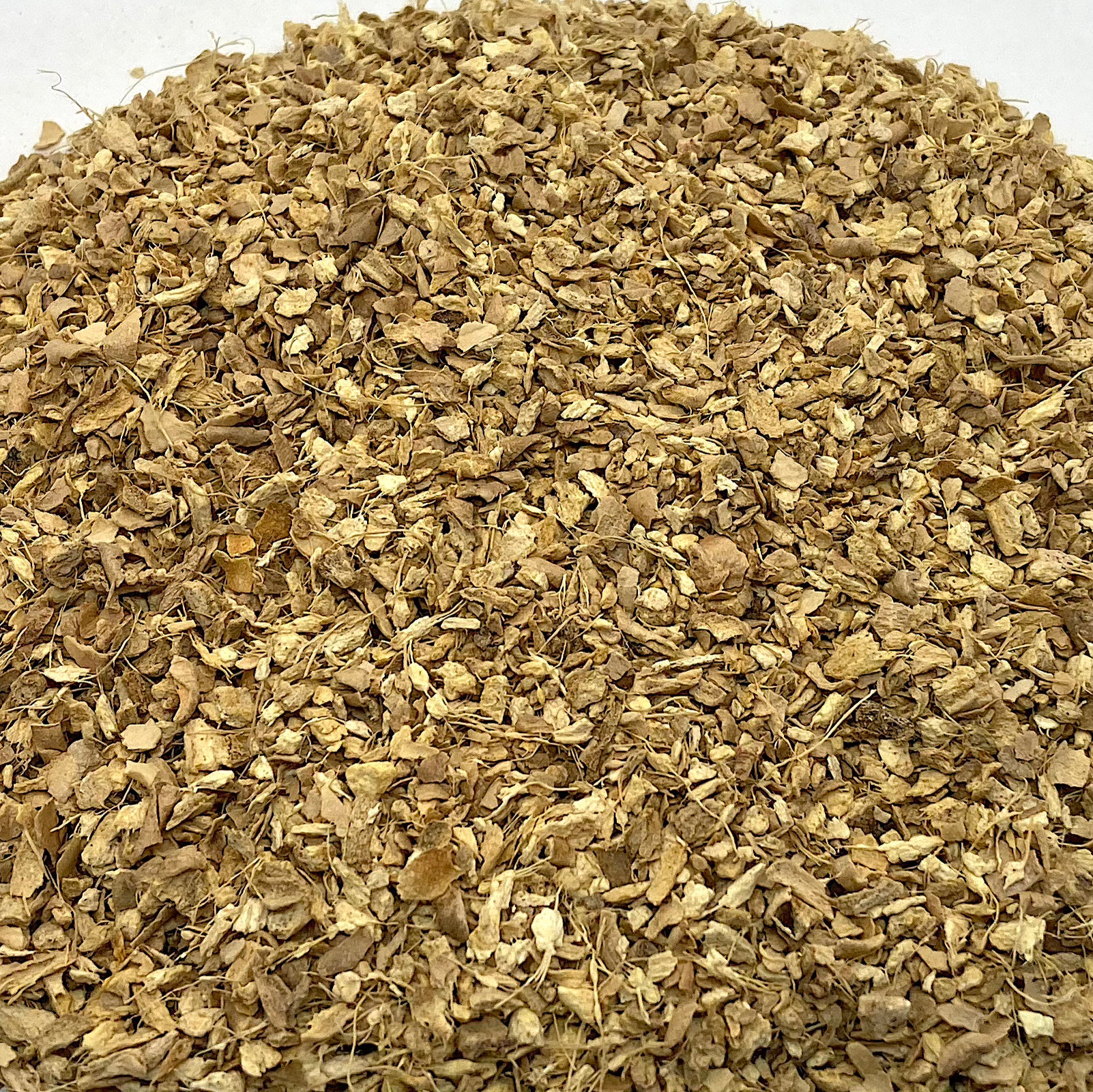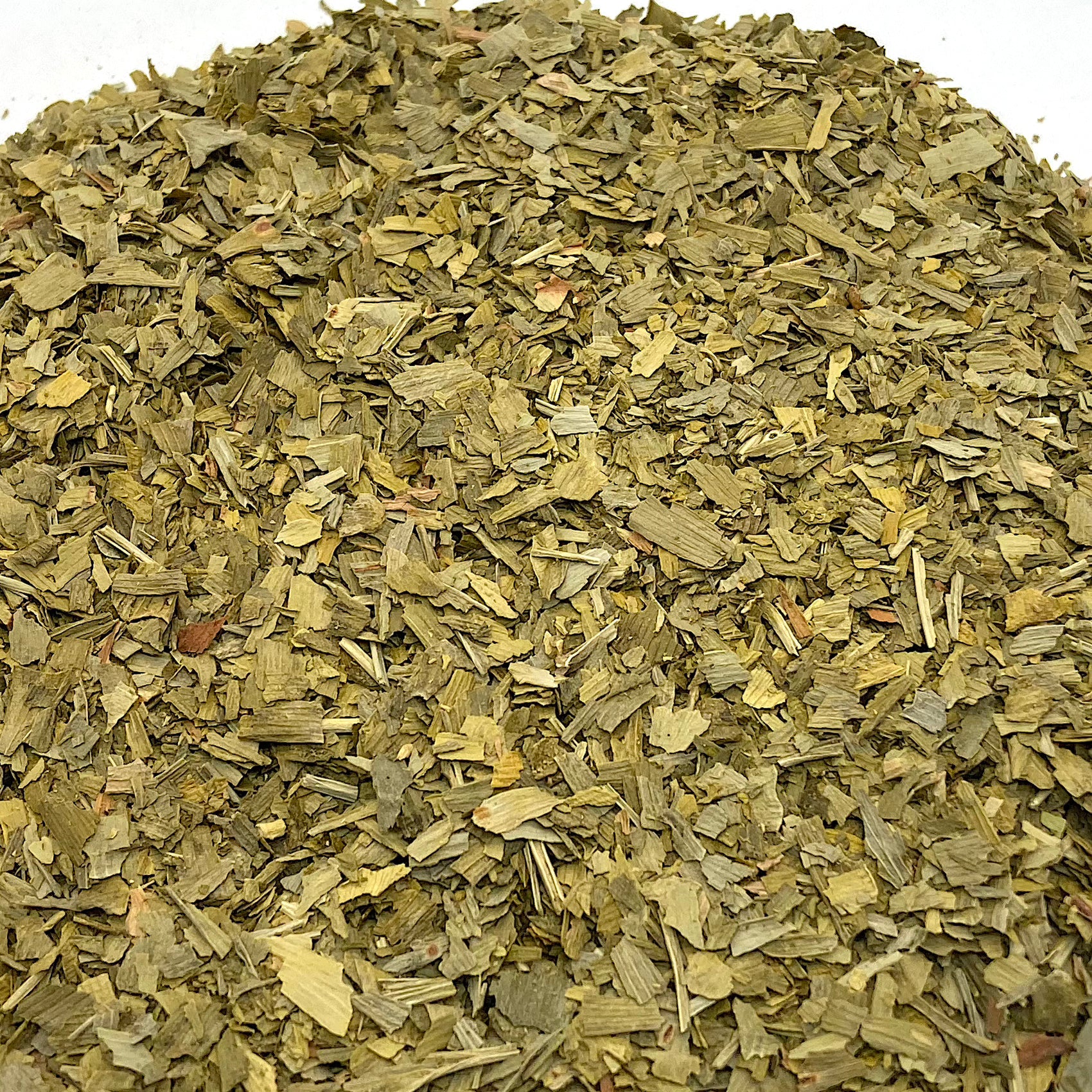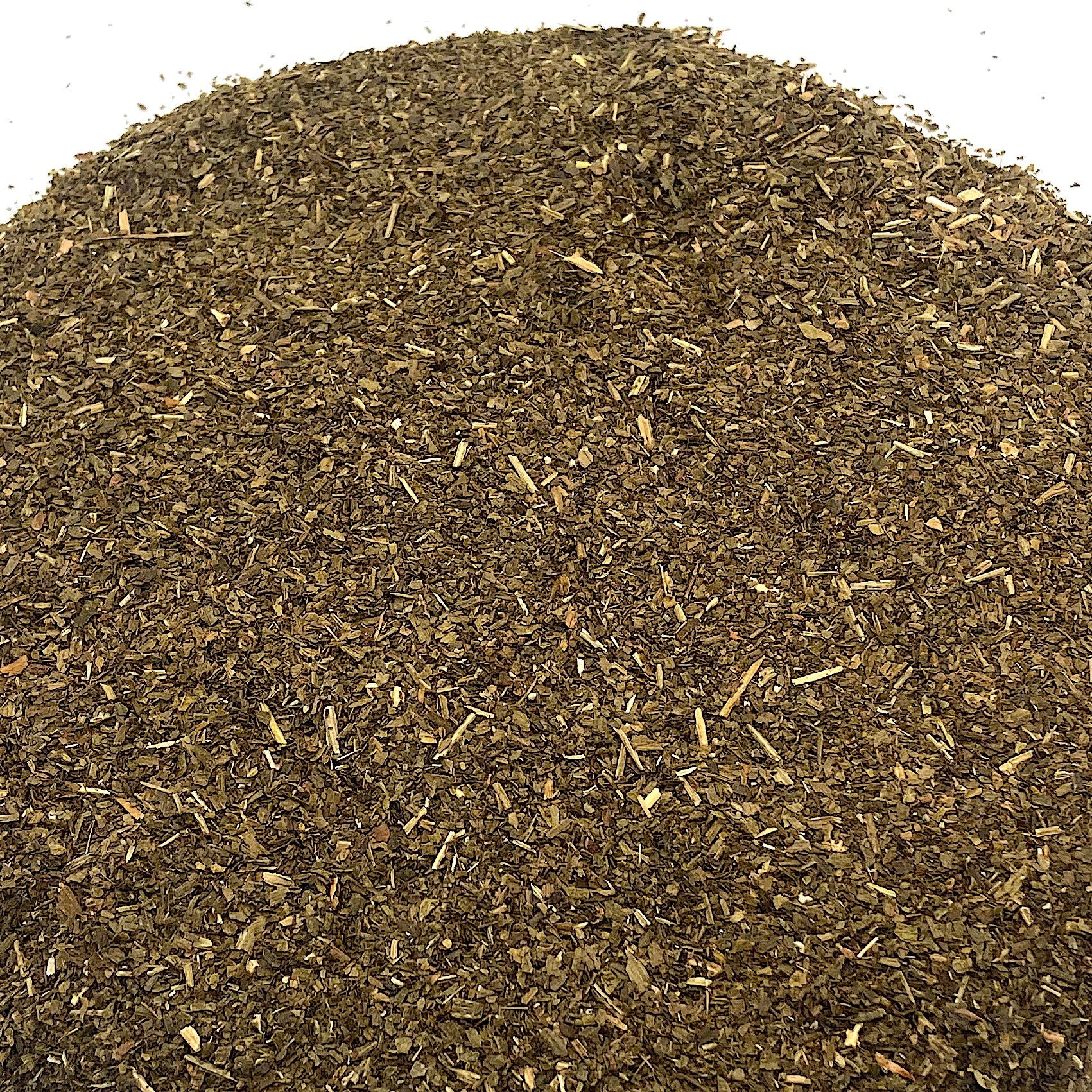Description
INDIA. Lobelia (Lobelia inflata), Cut and Sifted, Wildcrafted
Common names: Indian Tobacco, Asthma Weed, Fool’s Bane, Bladderpod, Pukeweed, Nasaram, Kichak, Lalvansh, Subasob, Vanshpatra, Balyongyong, Pan Pien Lien, Vibhishan, Devnal
Lobelia inflata is an herb native to eastern areas of North America from Alabama up to southeastern Canada, and as far west as Kansas. It’s a flowering annual or biennial plant that grows up to 40 inches tall in dry open places, fields, and open woodlands.
Lobelia was traditionally used by native tribes including the Cherokee, Iroquois, Crow, and Penobscot for breathing problems, including asthma, TB, and croup; as an emetic; applied locally for sore muscles, stings, and abcesses; smoked or infused to cure tobacco or whiskey habits; and for ceremonial medicine or divination.
Like many other herbs, Lobelia was adopted by European settlers and widely used by physicians in the US and Britain, notably Samuel Thomson, who made it a key element of his therapeutic system. Known as Thomsonianism, this alternative healing approach was quite popular in both countries from the early to middle 1800s. Thomson relied heavily on Lobelia for its actions as a purgative, antispasmodic, asthma cure, and aid to childbirth. It was also used in some of the same ways by regular and eclectic doctors, and as an emergency respiratory stimulant and a smoking deterrent. Its toxicity has been a longtime subject of controversy, with many practitioners insisting on its safety.
The known active components of Lobelia are mainly alkaloids, especially lobeline. Lobelia and lobeline have an established reputation for helping people discontinue tobacco use.
With this herb, assessing the optimal dosage for a particular application is especially important. Lobelia is best used in consultation with an experienced herbalist, and should be avoided during pregnancy and lactation.
*These statements have not been evaluated by the FDA. These products are not intended to diagnose, treat, cure or prevent any disease.

